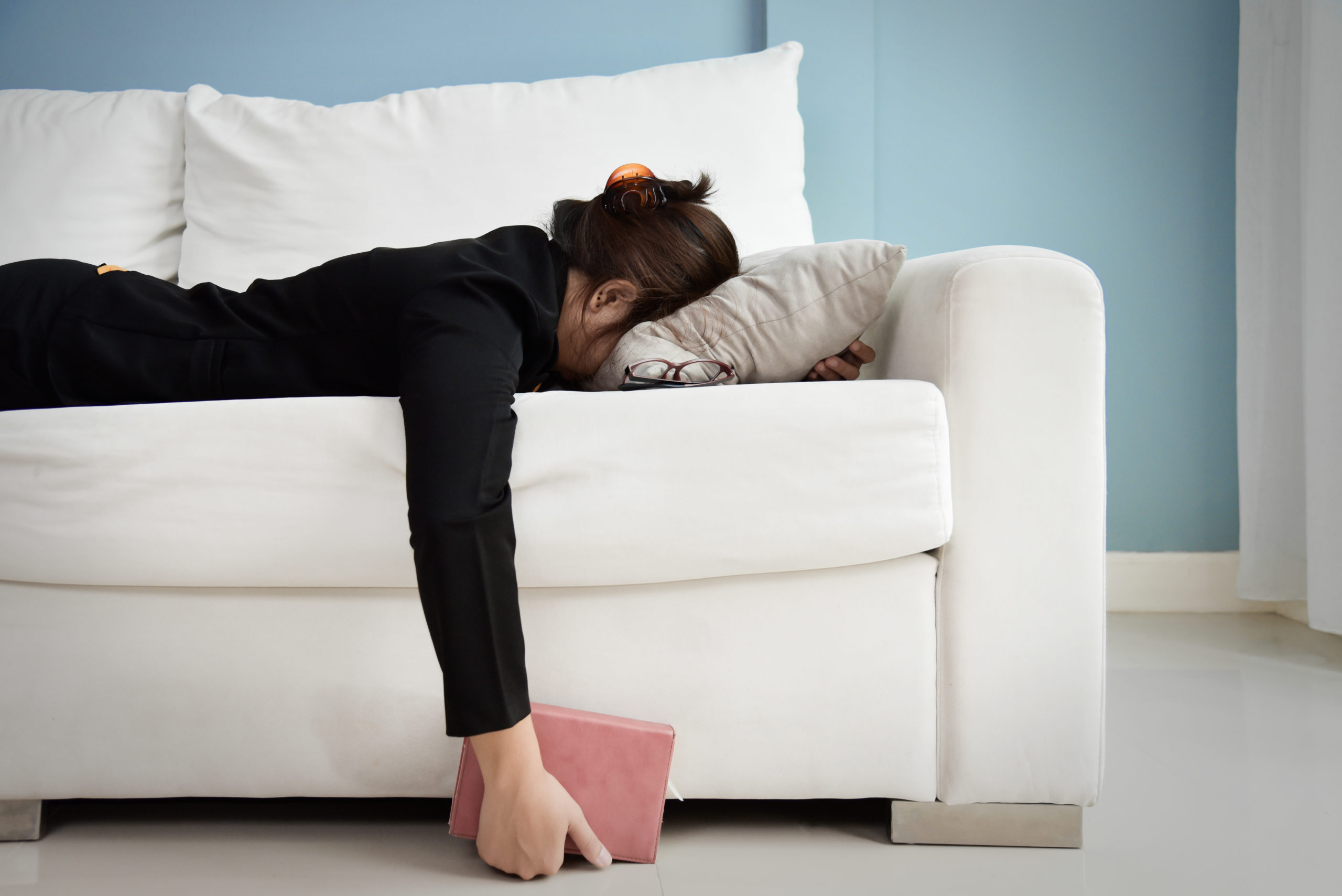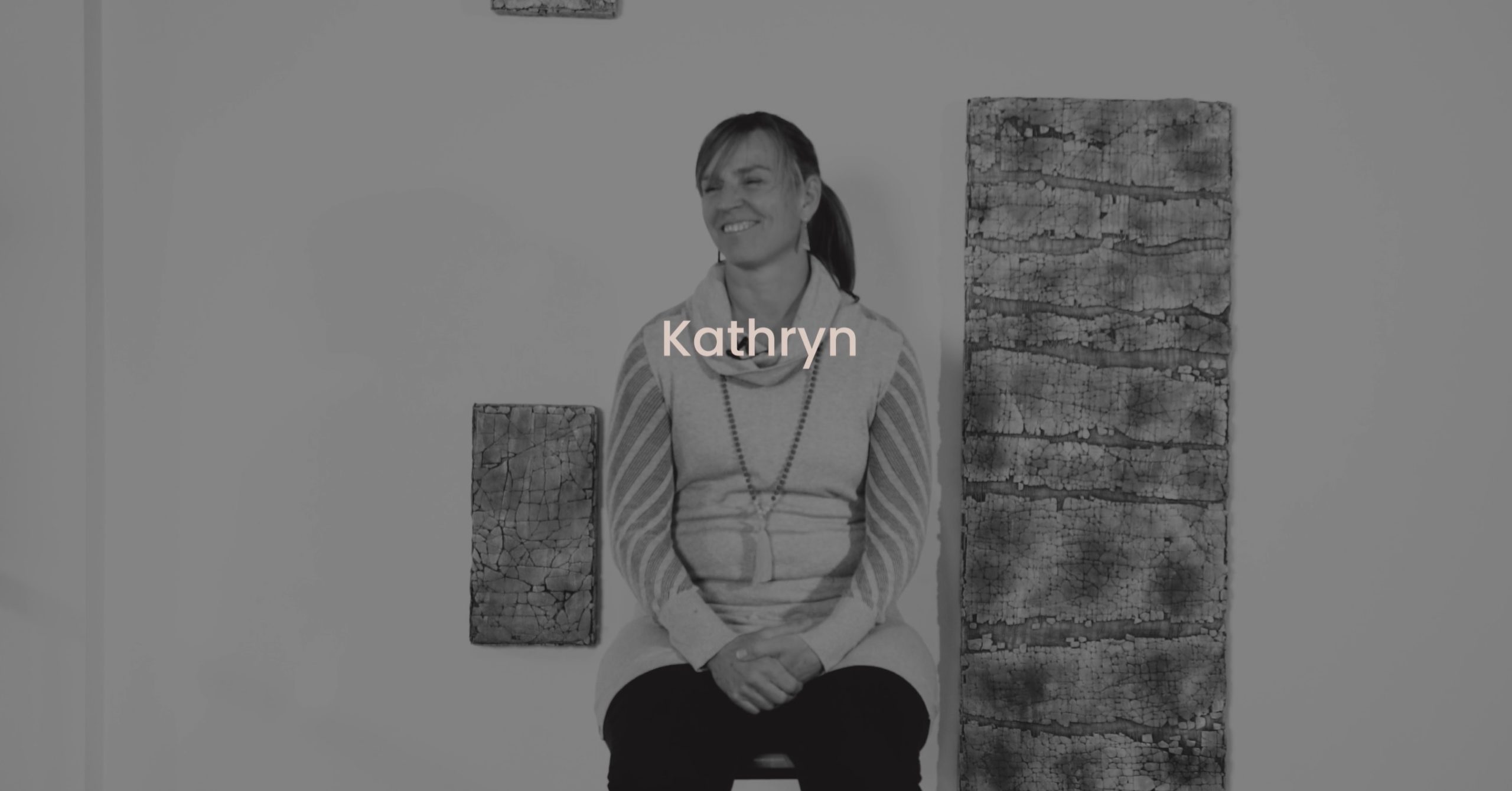I want to give you some hope that your menopause transition symptoms are going to get better BUT you will need to come to terms with permanent changes in your body and still find love for yourself.
In my case, a lifetime of long distance running, biking, paddling, skiing and just about any other exercise I could get my hands on came to a grinding, skidding, tumbling halt over the past few years, and my mental health went along with it. My energy levels are lower and my interest in hucking myself off the side of a mountain has seriously waned due to a string of debilitating joint and muscle injuries that now take a loooong time to heal.
For many years I thought it was just me being “weak” or “stupid” or “fat” or “a loser” or any one of many terrible inside voices I had. If I could go back and do it again, that inside voice is the first thing I would tackle with heaps of self-compassion and love and therapy. It was so unnecessarily destructive.
At 52, I am a few months past the average age at which women typically finish their periods once and for all, and now that I read the science, I am actually grateful that I haven’t yet reached the magic 12- months-past-the-last-period stage of life called menopause. Weird as that sounds, science tells us that the longer you take to go into menopause the better, because your system keeps your estrogen and progesterone flowing (in ever smaller amounts) to counteract another body chemical, Follicle Stimulating Hormone (FSH), that continues to increase over time.
This means that my skin, skeleton, brain and cardiovascular systems are still receiving some protection from my estrogen , supplemented in small amounts by a twice-weekly estradiol patch and daily micronized progesterone pills prescribed by my doctor. Between those drugs (see image below) and an SSRI, my heavy and unpredictable bleeding, joint and muscle pain, and ever-increasing anxiety and depression now seem to be reasonably under control. I am starting to see the beginning of the other side of this difficult 10-year journey.

I started Herstasis Health in 2020 because I was incredibly frustrated with the lack of coordination of my perimenopause symptom diagnosis and treatment, and realized too late that it was up to me to do it all even though I am not an MD, or even a scientist! While researching joint pain and muscle loss I came across a fascinating article from January 2019 called “Effect of Estrogen on Musculoskeletal Performance and Injury Risk”in a journal called Frontiers in Physiology (frontiersin.org). It helped me understand why my body that had always run and ridden and swum long distances now kept getting injured so often. And not just a small muscle tear; a ligament tear that would take 3 excruciating months to heal. A quote from this paper reads:
“Estrogen has a dramatic effect on musculoskeletal function. Beyond the known relationship between estrogen and bone, it directly affects the structure and function of other musculoskeletal tissues such as muscle, tendon, and ligament…novel strategies to prevent the negative effects of estrogen on joint laxity are desperately needed to decrease the risk of catastrophic injuries in active women.”
Unfortunately, when I took the article to my rheumatologist in the hopes that she might shed some light on any “novel strategies”, she refused to even look at it. “Well, I don’t know about that,” is what she said, and wouldn’t even take the article from my hand. I had a small cry in the elevator on the way home.
Fast forward a few years and I am now reduced to walking, active gardening, and the occasional bike ride. I am working on stretching, standing at my desk instead of sitting, drinking lots of water and herbal tea to keep hydrated, and thinking about this new chapter in my life. I’m coming to resent my changing body and mind less and appreciating my relative health, my girlfriends, my children, being outdoors in nature, and holding hands with my husband. Sometimes I think it is a miracle that our relationship has survived my menopause transition, but we have an honest relationship that allows us to work through the hard times and for that I am so grateful.
Herstasis is a group effort by women to de-stigmatize and de-mystify women’s frightening and painful menopause transition symptoms with evidence-based science and research. Thank you for joining us on this journey. You will get through this. You are not alone. We are right here with you.
Jennifer




